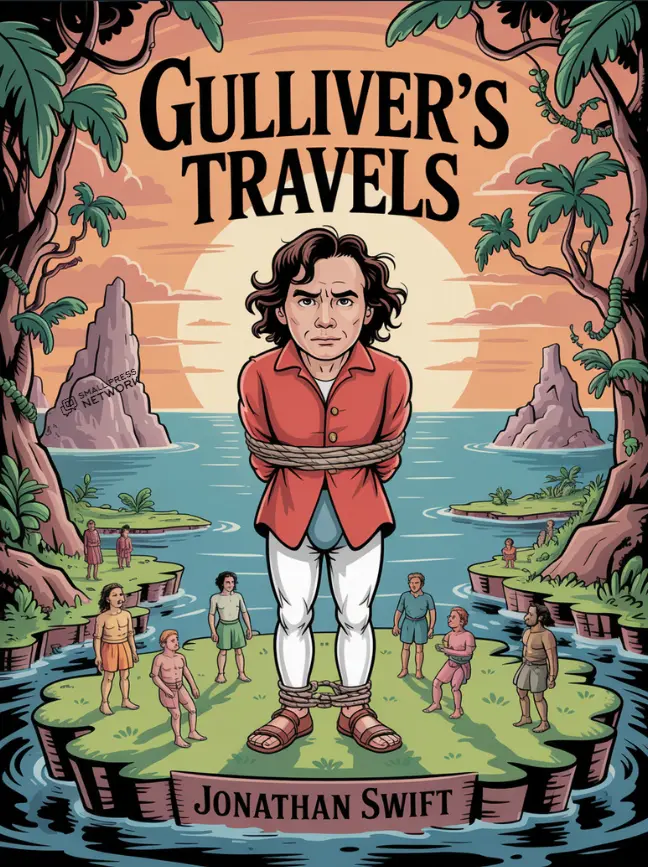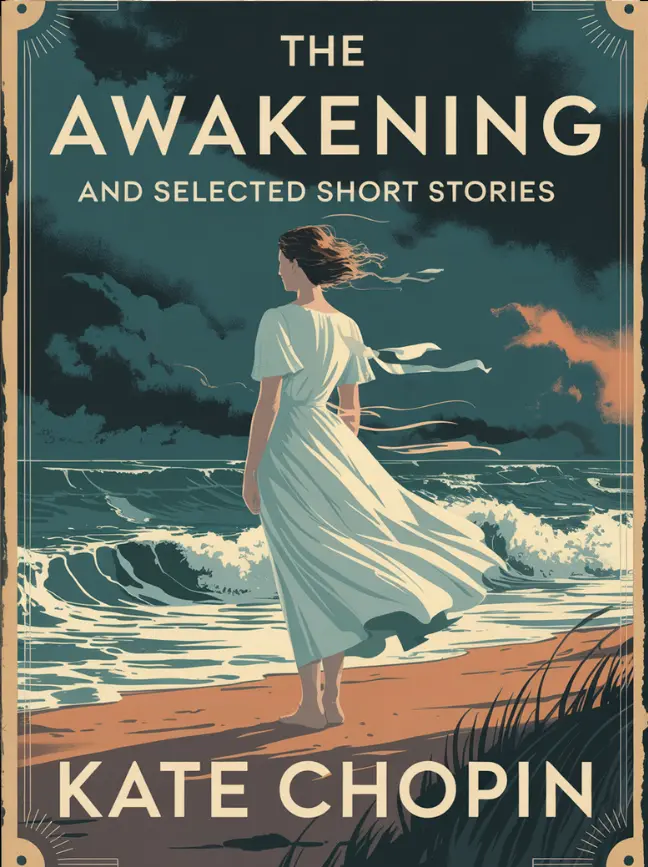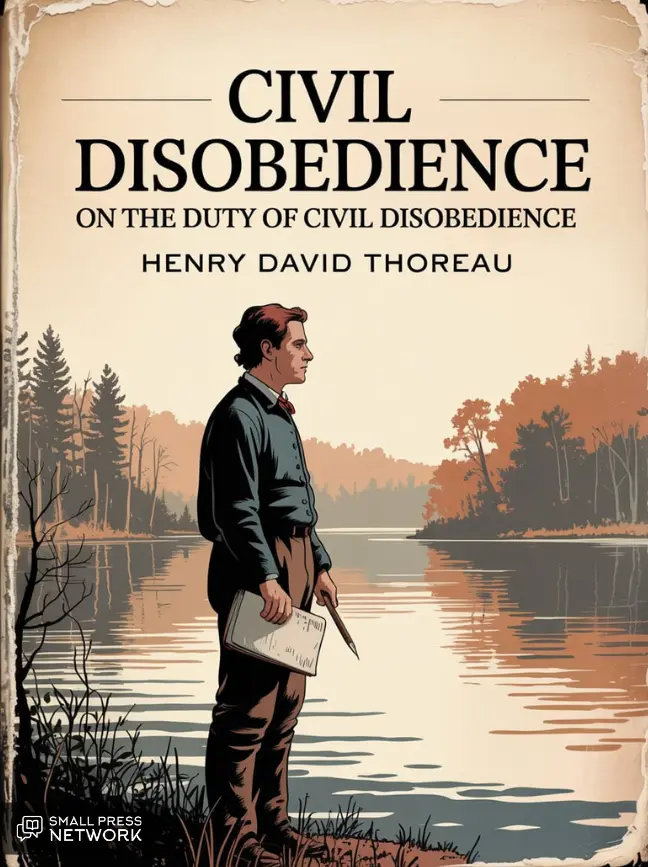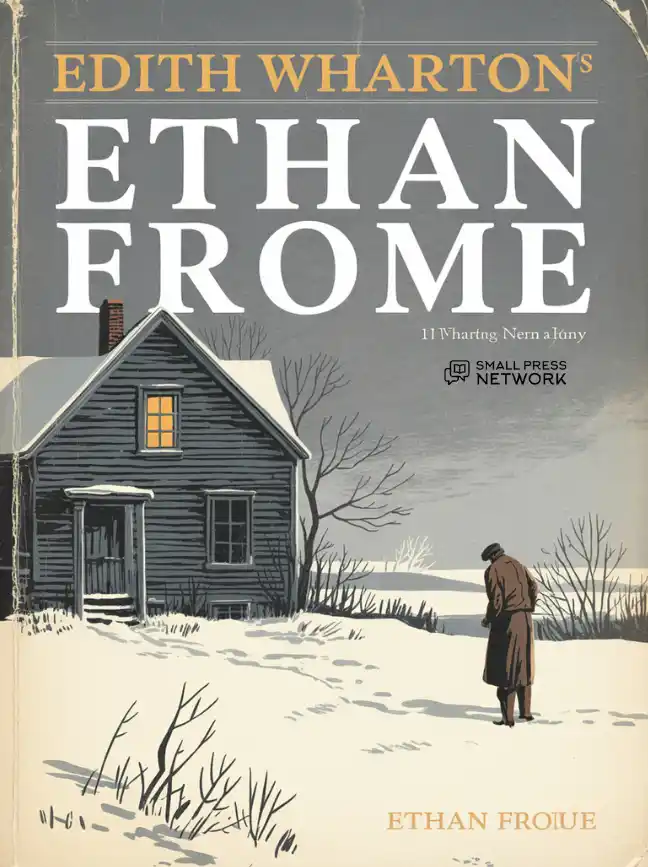731
Chapter XXXIV
Napoleon’s generals—Davout, Ney, and Murat, who were near that region of fire and sometimes even entered it—repeatedly led into it huge masses of well-ordered troops. But contrary to what had always happened in their former battles, instead of the news they expected of the enemy’s flight, these orderly masses returned thence as disorganized and terrified mobs. The generals re-formed them, but their numbers constantly decreased. In the middle of the day Murat sent his adjutant to Napoleon to demand reinforcements.
Napoleon sat at the foot of the knoll, drinking punch, when Murat’s adjutant galloped up with an assurance that the Russians would be routed if His Majesty would let him have another division.
“Reinforcements?” said Napoleon in a tone of stern surprise, looking at the adjutant—a handsome lad with long black curls arranged like Murat’s own—as though he did not understand his words.
“Reinforcements!” thought Napoleon to himself. “How can they need reinforcements when they already have half the army directed against a weak, unentrenched Russian wing?”
“Tell the King of Naples,” said he sternly, “that it is not noon yet, and I don’t yet see my chessboard clearly. Go!…”
The handsome boy adjutant with the long hair sighed deeply without removing his hand from his hat and galloped back to where men were being slaughtered.
Napoleon rose and having summoned Caulaincourt and Berthier began talking to them about matters unconnected with the battle.
In the midst of this conversation, which was beginning to interest Napoleon, Berthier’s eyes turned to look at a general with a suite, who was galloping toward the knoll on a lathering horse. It was Belliard. Having dismounted he went up to the Emperor with rapid strides and in a loud voice began boldly demonstrating the necessity of sending reinforcements. He swore on his honor that the Russians were lost if the Emperor would give another division.
Napoleon shrugged his shoulders and continued to pace up and down without replying.
Belliard began talking loudly and eagerly to the generals of the suite around him.
“You are very fiery, Belliard,” said Napoleon, when he again came up to the general. “In the heat of a battle it is easy to make a mistake. Go and have another look and then come back to me.”
Before Belliard was out of sight, a messenger from another part of the battlefield galloped up.
“Now then, what do you want?” asked Napoleon in the tone of a man irritated at being continually disturbed.
“Sire, the prince…” began the adjutant.
“Asks for reinforcements?” said Napoleon with an angry gesture.
The adjutant bent his head affirmatively and began to report, but the Emperor turned from him, took a couple of steps, stopped, came back, and called Berthier.
“We must give reserves,” he said, moving his arms slightly apart. “Who do you think should be sent there?” he asked of Berthier (whom he subsequently termed “that gosling I have made an eagle”).
732
“Send Claparède’s division, sire,” replied Berthier, who knew all the division’s regiments,
and battalions by heart.
Napoleon nodded assent.
The adjutant galloped to Claparède’s division and a few minutes later the Young Guards stationed behind the knoll moved forward. Napoleon gazed silently in that direction.
“No!” he suddenly said to Berthier. “I can’t send Claparède. Send Friant’s division.”
Though there was no advantage in sending Friant’s division instead of Claparède’s, and even an obvious inconvenience and delay in stopping Claparède and sending Friant now, the order was carried out exactly. Napoleon did not notice that in regard to his army he was playing the part of a doctor who hinders by his medicines—a role he so justly understood and condemned.
Friant’s division disappeared as the others had done into the smoke of the battlefield. From all sides adjutants continued to arrive at a gallop and as if by agreement all said the same thing. They all asked for reinforcements and all said that the Russians were holding their positions and maintaining a hellish fire under which the French army was melting away.
Napoleon sat on a campstool, wrapped in thought.
M. de Beausset, the man so fond of travel, having fasted since morning, came up to the Emperor and ventured respectfully to suggest lunch to His Majesty.
“I hope I may now congratulate Your Majesty on a victory?” said he.
Napoleon silently shook his head in negation. Assuming the negation to refer only to the victory and not to the lunch, M. de Beausset ventured with respectful jocularity to remark that there is no reason for not having lunch when one can get it.
“Go away…” exclaimed Napoleon suddenly and morosely, and turned aside.
A beatific smile of regret, repentance, and ecstasy beamed on M. de Beausset’s face and he glided away to the other generals.
Napoleon was experiencing a feeling of depression like that of an ever-lucky gambler who, after recklessly flinging money about and always winning, suddenly just when he has calculated all the chances of the game, finds that the more he considers his play the more surely he loses.
His troops were the same, his generals the same, the same preparations had been made, the same dispositions, and the same proclamation courte et énergique, he himself was still the same: he knew that and knew that he was now even more experienced and skillful than before. Even the enemy was the same as at Austerlitz and Friedland—yet the terrible stroke of his arm had supernaturally become impotent.
All the old methods that had been unfailingly crowned with success: the concentration of batteries on one point, an attack by reserves to break the enemy’s line, and a cavalry attack by “the men of iron,” all these methods had already been employed, yet not only was there no victory, but from all sides came the same news of generals killed and wounded, of reinforcements needed, of the impossibility of driving back the Russians, and of disorganization among his own troops.
Formerly, after he had given two or three orders and uttered a few phrases, marshals and adjutants had come galloping up with congratulations and happy faces, announcing the trophies taken, the corps of prisoners, bundles of enemy eagles and standards, cannon and stores, and Murat had only begged leave to loose the cavalry to gather in the baggage
733
wagons. So it had been at Lodi, Marengo, Arcola, Jena, Austerlitz, Wagram, and so on. But now something strange was happening to his troops.
Despite news of the capture of the flèches, Napoleon saw that this was not the same, not at all the same, as what had happened in his former battles. He saw that what he was feeling was felt by all the men about him experienced in the art of war. All their faces looked dejected, and they all shunned one another’s eyes—only a de Beausset could fail to grasp the meaning of what was happening.
But Napoleon with his long experience of war well knew the meaning of a battle not gained by the attacking side in eight hours, after all efforts had been expended. He knew that it was a lost battle and that the least accident might now—with the fight balanced on such a strained center—destroy him and his army.
When he ran his mind over the whole of this strange Russian campaign in which not one battle had been won, and in which not a flag, or cannon, or army corps had been captured in two months, when he looked at the concealed depression on the faces around him and heard reports of the Russians still holding their ground—a terrible feeling like a nightmare took possession of him, and all the unlucky accidents that might destroy him occurred to his mind.
The Russians might fall on his left wing, might break through his center, he himself might be killed by a stray cannon ball. All this was possible. In former battles he had only considered the possibilities of success, but now innumerable unlucky chances presented themselves, and he expected them all. Yes, it was like a dream in which a man fancies that a ruffian is coming to attack him, and raises his arm to strike that ruffian a terrible blow which he knows should annihilate him, but then feels that his arm drops powerless and limp like a rag, and the horror of unavoidable destruction seizes him in his helplessness.
The news that the Russians were attacking the left flank of the French army aroused that horror in Napoleon. He sat silently on a campstool below the knoll, with head bowed and elbows on his knees. Berthier approached and suggested that they should ride along the line to ascertain the position of affairs.
“What? What do you say?” asked Napoleon. “Yes, tell them to bring me my horse.”
He mounted and rode toward Semënovsk.
Amid the powder smoke, slowly dispersing over the whole space through which Napoleon rode, horses and men were lying in pools of blood, singly or in heaps. Neither Napoleon nor any of his generals had ever before seen such horrors or so many slain in such a small area.
The roar of guns, that had not ceased for ten hours, wearied the ear and gave a peculiar significance to the spectacle, as music does to tableaux vivants. Napoleon rode up the high ground at Semënovsk, and through the smoke saw ranks of men in uniforms of a color unfamiliar to him. They were Russians.
The Russians stood in serried ranks behind Semënovsk village and its knoll, and their guns boomed incessantly along their line and sent forth clouds of smoke. It was no longer a battle: it was a continuous slaughter which could be of no avail either to the French or the Russians.
Napoleon stopped his horse and again fell into the reverie from which Berthier had aroused him. He could not stop what was going on before him and around him and was supposed to be directed by him and to depend on him, and from its lack of success this affair, for the first time, seemed to him unnecessary and horrible.
One of the generals rode up to Napoleon and ventured to offer to lead the Old Guard into action. Ney and Berthier, standing near Napoleon, exchanged looks and smiled contemptuously at this general’s senseless offer.
734
Napoleon bowed his head and remained silent a long time.
“At eight hundred leagues from France, I will not have my Guard destroyed!” he said, and turning his horse rode back to Shevárdino.





